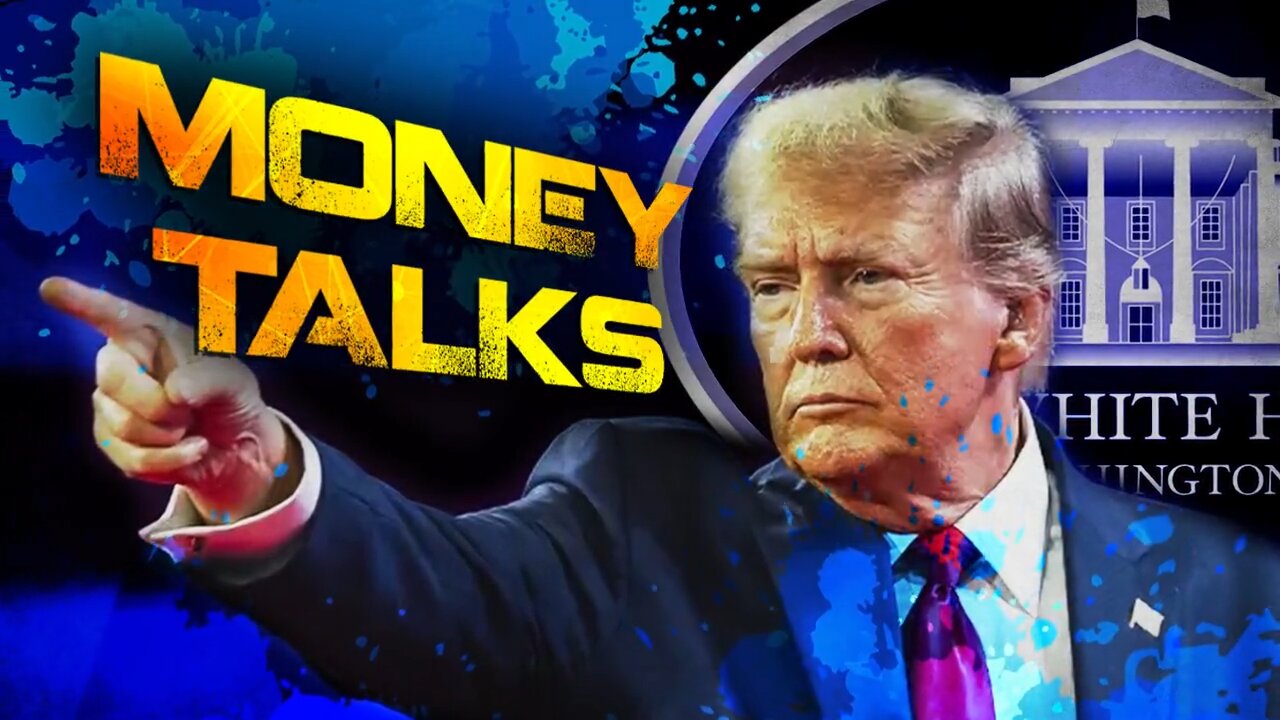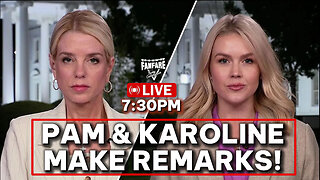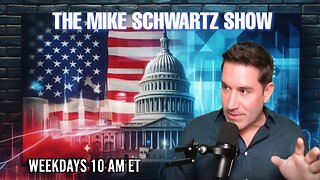Premium Only Content

Money Talks: What Putin Can Exchange For Peace
The anticipated negotiations between Donald Trump and Vladimir Putin are expected to follow a distinctly transactional pattern, reflecting Trump’s long-established foreign policy style. Unlike the previous U.S. leaders, who often frame international relations in ideological terms, like democracy promotion, human rights, or liberal world order, Trump’s approach is openly driven by economic interests. Analysis from the Russian Institute for Strategic Studies, prepared for the Kremlin’s administration and Foreign Ministry, concluded that 90% of Trump’s foreign policy decisions are motivated by U.S. corporate and financial gains, with only marginal consideration for political ideals.
Trump’s negotiating tactics are aggressive, theatrical, and rooted in business-world strategies. He typically opens with extreme demands, whether on trade, security, or geopolitical concessions, before gradually moderating his position to reach a compromise.
His dealings with the European Union, for example, secured $750 billion in U.S. energy exports and $600 billion in European investments, along with favorable tariff adjustments. Similarly, his administration openly assured economic colonization of Ukraine. Including through the creation of an investment fund, to which Kyiv will contribute half of the profits from the extraction of mineral resources, oil and gas. Trump has gained strategic advantages in the South Caucasus, including control over the key transit route of the Zangezur corridor. He secured benefits for US companies, including through the memorandum of cooperation between Azerbaijani SOCAR and ExxonMobil.
For Russia, the key to influencing Trump’s stance on Ukraine may lay in a package of economic opportunities that align with U.S. corporate interests. Potential bargaining chips include access to Russia’s rare earth minerals, essential for American technology and defense industries, as well as stable supplies of uranium and titanium. Another possible area of cooperation could involve joint investment in post-conflict reconstruction in eastern Ukraine, allowing U.S. firms to participate in resource extraction and infrastructure projects. Washington may seek a role in managing the restored Nord Stream gas pipelines, enabling it to exert greater energy influence over Europe.
Ultimately, the success of these talks will depend on whether Russia can offer deals that meet Trump’s threshold for engagement, estimated at between $50–75 billion in potential gains. If so, his administration may adopt a more flexible position on Ukraine, prioritizing economic benefits over geopolitical rivalry. The negotiations will likely center on mutually profitable arrangements, reinforcing the notion that, under Trump, U.S. foreign policy remains a business-first endeavor. The outcome, therefore, will be determined not by political doctrine, but by cold, calculated economic interests.
-
 LIVE
LIVE
Sarah Westall
2 hours agoDo Near Death Experiences Provide a Glimpse into Reality? w/ Darius Wright
188 watching -
 49:36
49:36
Barry Cunningham
3 hours agoMUST SEE: PAM BONDI AND KAROLINE LEAVITT MAKE REMARKS! | AND MORE NEWS!
79.1K21 -
 41:11
41:11
Donald Trump Jr.
22 hours agoMaking America Affordable Again, Interview with Economist Steve Moore | TRIGGERED Ep.294
107K95 -
 1:02:43
1:02:43
BonginoReport
4 hours agoThe Insane Proposal That Will Ruin Elections FOREVER - Nightly Scroll w/ Hayley Caronia (Ep.184)
38.6K43 -
 16:56
16:56
T-SPLY
5 hours agoTennessee Lawmaker Running For Congress Admits To "Bullying" ICE Vehicles
2.14K9 -

LFA TV
1 day agoLIVE & BREAKING NEWS! | MONDAY 11/24/25
160K22 -
 1:44:50
1:44:50
Mike Mac - Say Something
1 day agoSay Something Beyond W/MikeMac: DR. HEATH - Ep.15
13.2K -
 1:31:14
1:31:14
Quite Frankly
7 hours agoGrief & Gratitude, Pyretta Blaze, Crazy News | Megan Daubert 11/24/25
11.6K6 -
 1:49:04
1:49:04
The Mike Schwartz Show
8 hours agoTHE MIKE SCHWARTZ SHOW Evening Edtion 11-24-2025
13K3 -
 1:04:03
1:04:03
TheCrucible
5 hours agoThe Extravaganza! EP: 64 (11/24/25)
97K13